I’ve lived in Silicon Valley then moved north to the Silicon Forest (aka Portland, Oregon) in 1995, and thankfully we have a lot of high-tech companies here like: Intel, Lam Research (Novellus), Lattice Semi, Qorvo, Synopsys, Mentor, Cadence, Northwest Logic, etc. There’s a global industry organization called… Read More
Author: Daniel Payne
Thermal Reliability and Power Integrity for IC Design
When I designed DRAM chips at Intel back in the 1970’s we didn’t really know what the die temperature would be before taping out silicon, instead we waited for packaged parts to come back and then did our thermal measurements. IC designers today don’t have that luxury of taping out their new SoC without having … Read More
Breakthrough Battery Life for Mobile Devices
Battery life is a never-ending battle for me with all of my mobile devices: Laptop, Tablet, Smart phone, bike computer, Kindle Reader, Bluetooth headset, etc. It seems like I’m constantly having to charge up my battery at the most inconvenient times. When I think about the history of batteries for mobile devices I can recall… Read More
Who is Leading in the Wearables Market?
My first experience with a wearable device was back in 1978 at college, it was an LED-based watch that had you push a button to read the time of day, saving battery life. Sad to say, but that electronic watch didn’t make it through the January winter at the University of Minnesota, so was promptly returned for a refund. Fast forward… Read More
Optimizing SRAM IP for Yield and Reliability
My IC design career started out with DRAM at Intel, and included SRAM embedded in GPUs, so I recall some common questions that face memory IP designers even today, like:
- Does reading a bit flip the stored data?
- Can I write both 0 and 1 into every cell?
- Will read access times be met?
- While lowering the supply voltage does the cell data retain?
Why You Really Need Chip-Package Co-analysis
There’s only one software company that I know of that covers four major disciplines: Fluids, Structures, Electronics and Systems. That company is ANSYS and when they acquired Apache Design Automation back in 2011 they filled out their products for electronics design, and more specifically in the area of integrated chip-package… Read More
Samsung Galaxy Unpacked
Apple announces their new products with much media attention to an audience of enthusiastic attendees, along with a live stream to all of us on the Internet who couldn’t be there in person. Samsung is following that same marketing playbook and today hosted an event in New York dubbed, “Everything Galaxy Unpacked 2015”… Read More
Design For Safety in Automotive Electronics
Do you remember how auto maker Toyota had to pay a $1.2 billion settlement in 2014 because some of their automotive models experienced sudden, unintended acceleration? That scenario has to be an engineer’s worst nightmare because something was missed during the design and testing of an automotive electronics system that… Read More
Virtual Reality is Ready to Rocket
Virtual Reality (VR) is such a hot technology concept right now that the topic has made the cover of Time, Wired and Forbes magazines this year, along with countless online articles. What really captured my attention was that moment in 2014 when Facebook acquired VR startup Oculus for $2B, yes that is billions of dollars. The last… Read More
Talking Directly to EDA R&D
Many EDA companies keep their R&D engineers focused on product development and bug fixing, shielding them from any and all direct contact with end-users, mostly for fear of what might be revealed if such direct dialog were allowed. Customer support people are allowed to talk directly with customers, then pass along enhancement… Read More


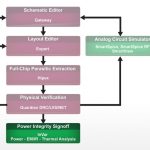
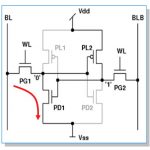
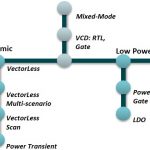




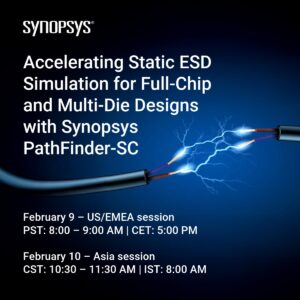


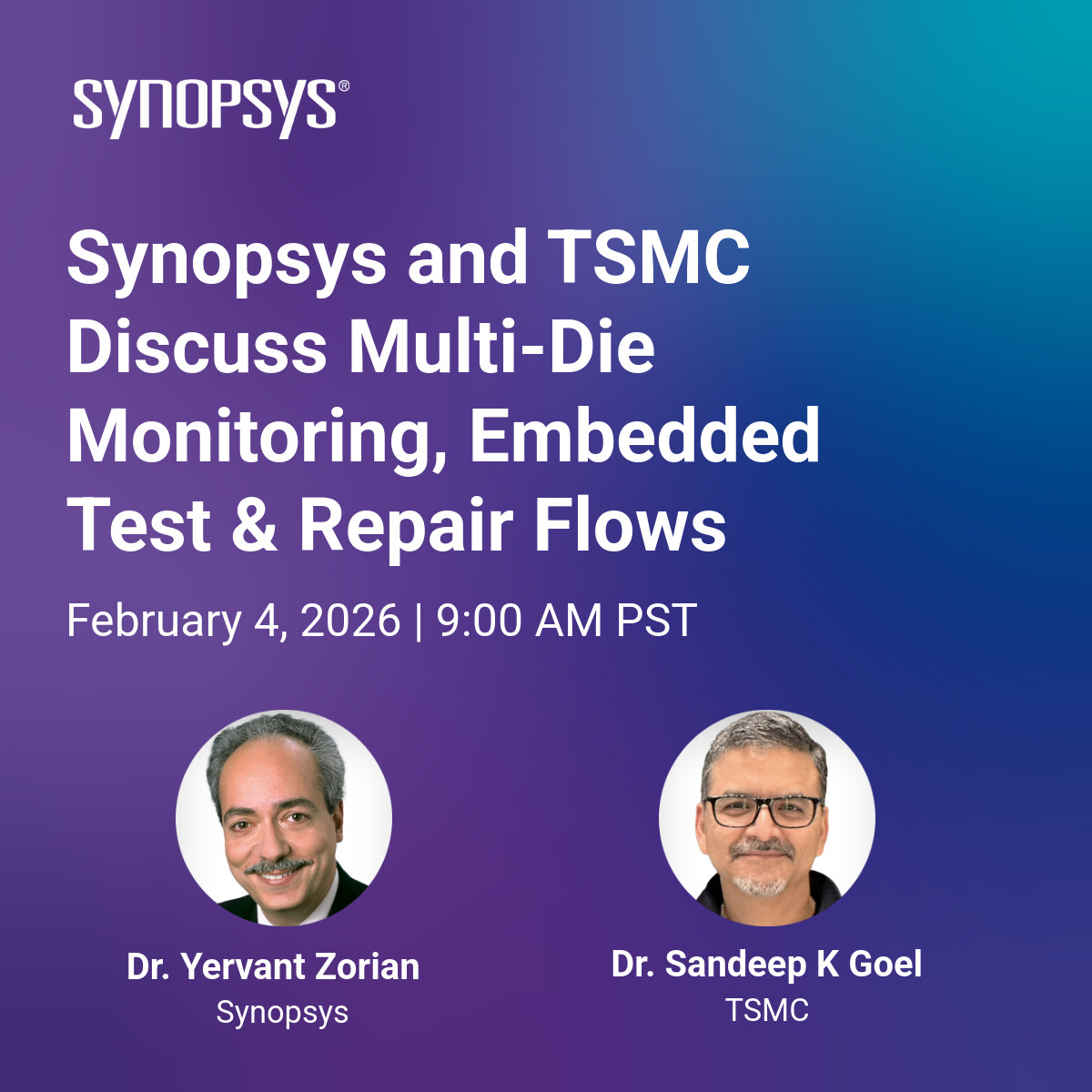


The Foundry Model Is Morphing — Again